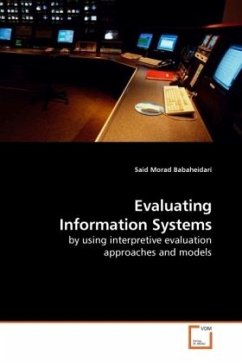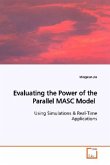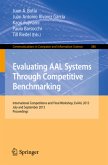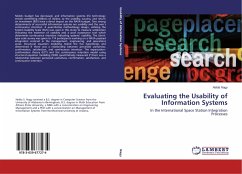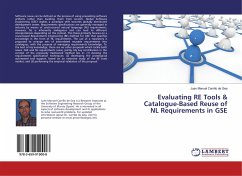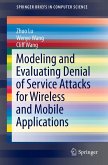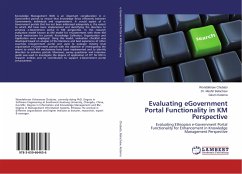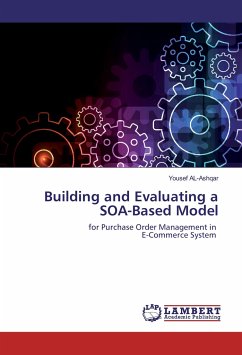As information systems/technologies (IS/IT) become embedded in organizations, these systems cannot be isolated from important issues such as human intellect, culture, philosophy, politics and socio-organizational changes. Limited business resources on one hand and the various concerns and demands from different stakeholders on the other hand have led to an ever-growing need to evaluate IS/IT investments. In other words, due to the heavy rise of IS/IT costs IS/IT investments must be justified. Evaluation of IS/IT investments is generally taken to mean the identification and the measurement of capital expenditures spent on and the initial anticipated revenues gained from the deployments of these systems (IS/IT). One of the main fundamental characteristics of interpretive approach (IA) is to highlight and facilitate evaluation as an interactive learning process. Interpretive approach concentrates on the lifecycle perspective of IS/IT investments argued to be a complex managerial issue. It is crucial to notice that stakeholders, their claims, concerns and issues are at the core of IEA.
Bitte wählen Sie Ihr Anliegen aus.
Rechnungen
Retourenschein anfordern
Bestellstatus
Storno

